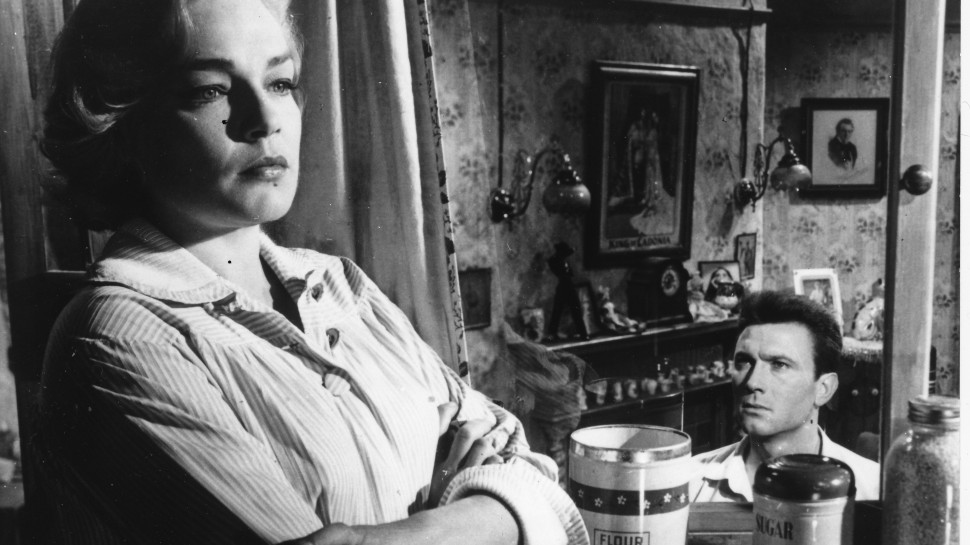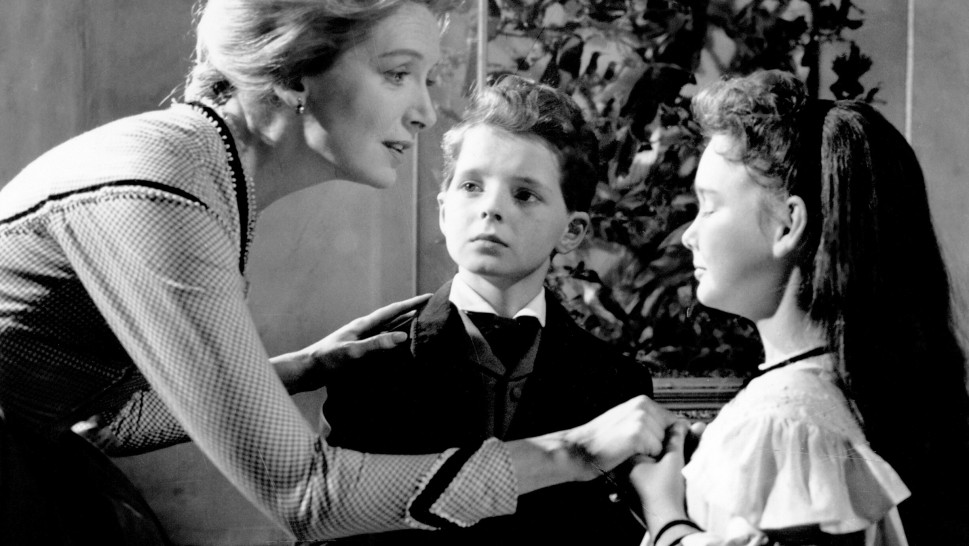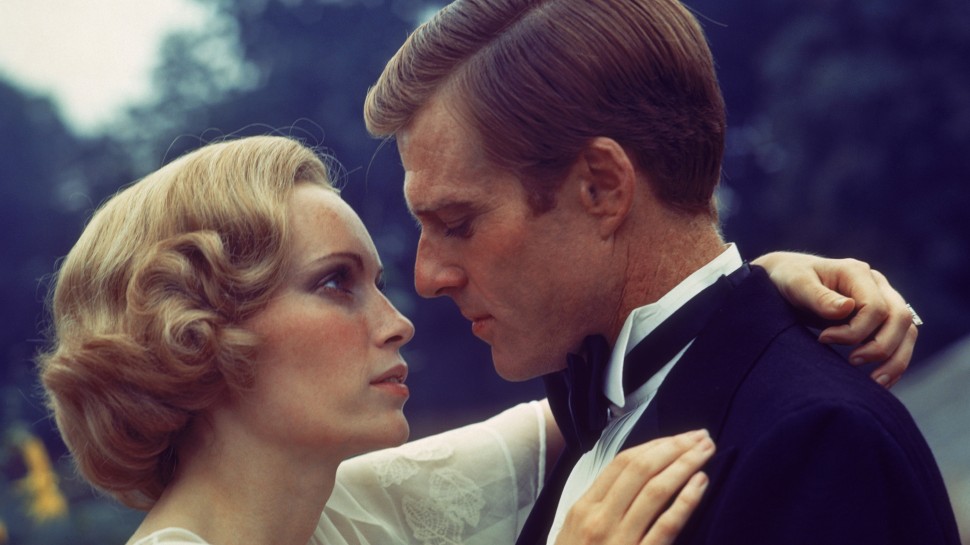


Jack Clayton, Between Innocence and Experience
In a career spanning most of the 20th century, Jack Clayton (1921-1995) straddled classical filmmaking, the British New Wave and the final overripe years of the Hollywood studio system, finding success in each of these worlds but never a true home. Celebrated for his gift for combining detailed realism and imaginative storytelling, Clayton was best known for his literary adaptations and tales with a touch of the supernatural. Seen as a whole, his films display an eclectic sensibility at work befitting someone who counted Maggie Smith, Georges Delerue and Ray Bradbury among his foremost collaborators.
Clayton launched his career in the British cinema in 1929 as a child actor before working for Alexander Korda while still in his teens. The war interrupted the apprenticeship but not his career path, with Clayton joining the Royal Air Force’s film division where he made a documentary about the liberation of Naples, Naples is a Battlefield (1944). At the war’s end Clayton became a producer, working on such films as The Queen of Spades (1948) and Moulin Rouge (1952). His first screen credit as a director came with the short The Bespoke Overcoat (1955), which was immediately followed a few years later by his feature debut, Room at the Top. He continued to work slowly, particularly during the 1970s when producers were focused on younger filmmakers and when his version of The Great Gatsby was widely seen as a disappointment, despite its tremendous box office success.
Although he’s often remembered today for detailing the ambiguities of childhood (The Innocents, Our Mother’s House, Something Wicked This Way Comes), Clayton also deserves recognition for his sensitive portraits of women fighting for control of their lives: Simone Signoret in Room at the Top, Deborah Kerr in The Innocents, Anne Bancroft in The Pumpkin Eater, Maggie Smith in The Lonely Passion of Judith Hearne.
With their keenly observed characterizations, Clayton’s films evince a remarkably detailed realism that is often disrupted either by the emergence of the supernatural or by expressionistic use of the camera, whether through handheld motion, extreme close-up or rapid jump cuts. It may be that Henry James is the writer closest to Clayton’s spirit. Indeed both men offer carefully crafted depictions of human behavior while also suggesting that their motivations to be mysterious and ultimately ungraspable. – David Pendleton















